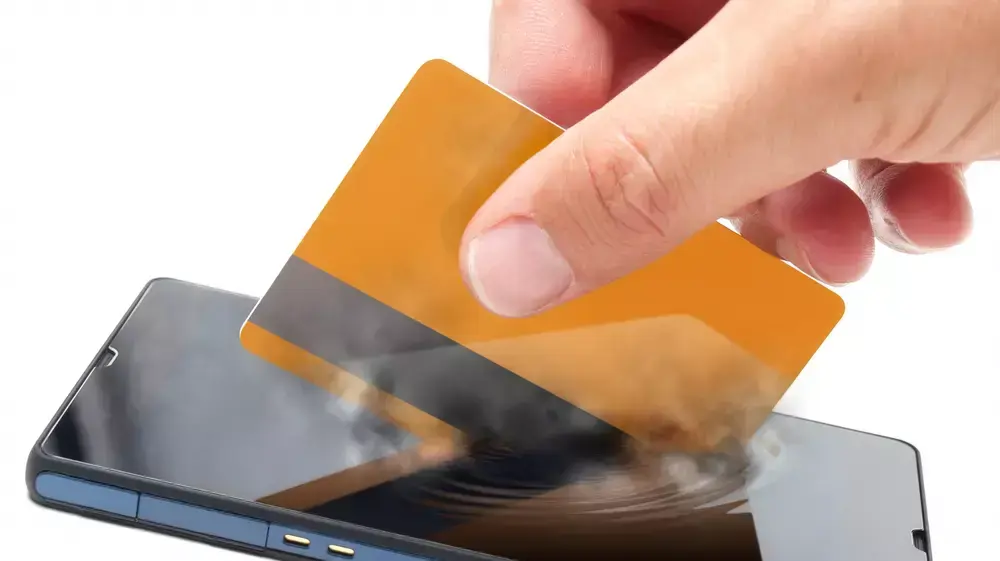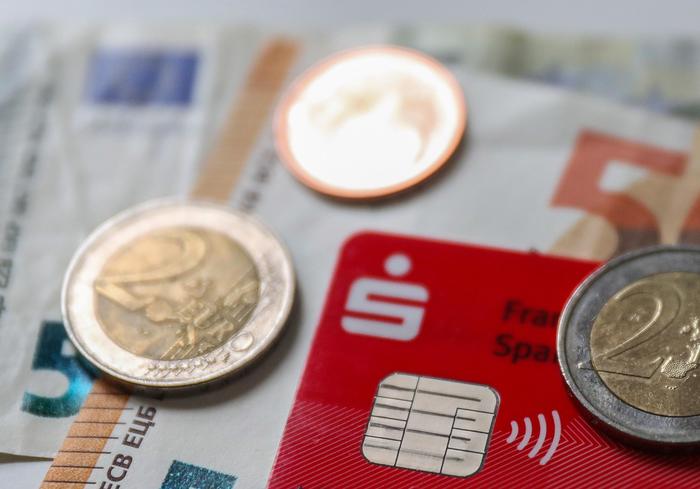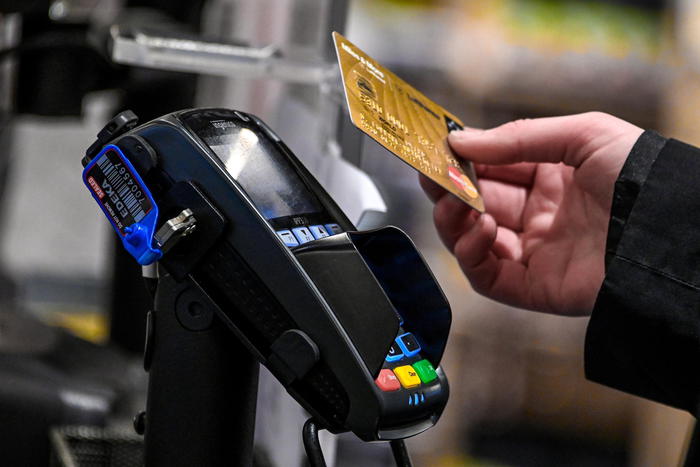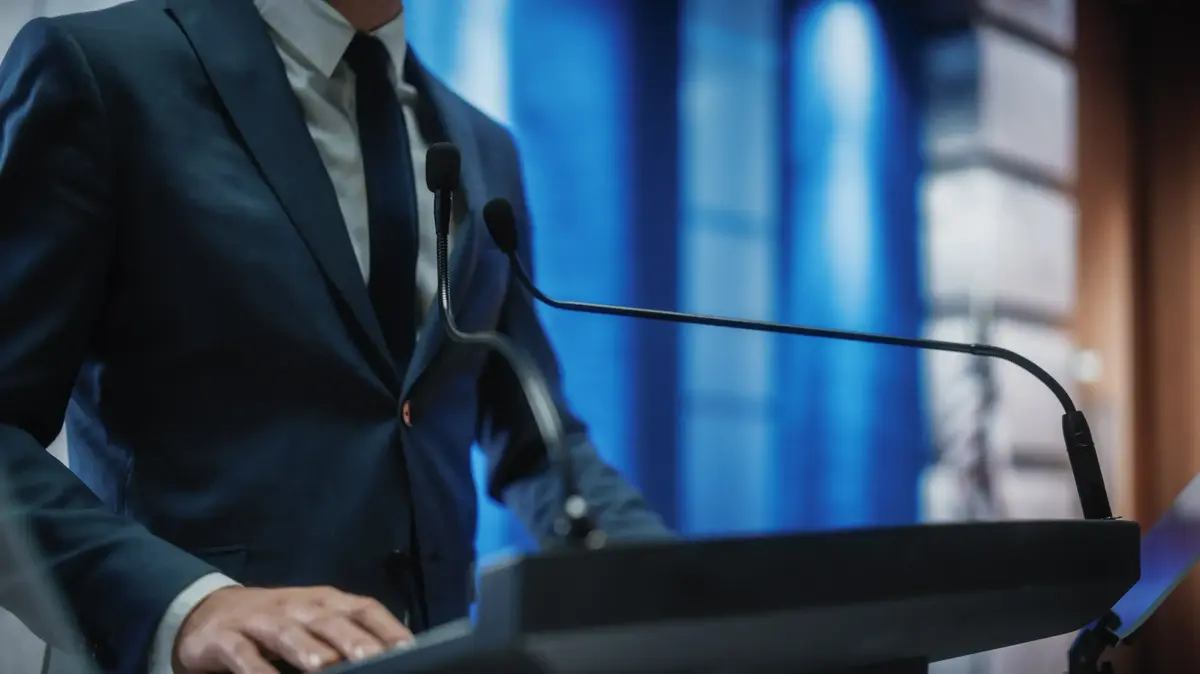Business
consumption
Financial decisions
You should be prepared: advancing into a new world of cashless payments.
So how do we pay?
2020 has brought another significant leap when it comes to cashless payments, without the use of cash.
How it is conducted around the world and how the revolution is now coming to Israel, through payment by mobile phone.
Here's all you need to know about the way we will transfer money soon
Tags
Mobile payment
Bank Hapoalim
In collaboration with Bank Hapoalim
Sunday, February 21, 2021, 11:00 p.m.
Share on Facebook
Share on WhatsApp
Share in general
Share in general
Share on Twitter
Share on Email
0 comments
How do we know something is becoming real in our world?
Apparently this happens when his own verb is invented.
When Swedes say "swish", everyone in the country knows exactly what is meant - use the Swish app, the Swedish app for instant payment via smartphone.
Sweden is one of the leaders in the cashless revolution in the world, and it is disappearing cash in favor of the digital payment option.
In fact, as of March 24, 2023, cash will no longer be accepted in the Scandinavian country at all and all payments will go digital.
Already today, according to a study by the National Bank of Sweden, less than 10 percent of payments and less than a single percent of the money spent in the country are made in cash and this trend will only intensify.
Neighbors have long since stopped squinting at it and moved in Sweden's ways, with Finland currently the second largest country in the world in terms of population in terms of smartphone use for payment while in Denmark, 85 percent of people used their mobile devices to make payments in 2019, a number that only grows as time goes on.
"The digitalization of payments is one of the most notable changes in the industry in recent years," journalist Rainor Di Bast declared last November and, as mentioned, the facts on the ground back up his words.
For example, did you know that in 2021, no less than a billion (!) Chinese will use their smartphones to pay for products and supplies they purchase, according to a study published by Statistics Digital Market Outlook.
This incredible number includes frontline purchases, in stores, restaurants and more, alongside online purchases.
The revolution is already here.
US Cashless Store (Photo: AP, Bebeto Matthews)
In the United States, too, the trend is clear and over 40 percent of payments in the country are cashless.
Today, the average American spends about $ 7,000 a year on such payments and in 2020, about $ 99 billion was immediately transferred in payment via smartphone.
In fact, nearly half of Americans said that in the past year they have reduced their use of cash and this trend is expected to intensify as more and more businesses move away from cash payments as much as possible.
Take Starbucks, for example, which has realized that a large proportion of its customers buy coffee using only a smartphone - both for pre-order and payment.
Starbucks began experimenting with Cashless branches and was soon joined by other chains that made the shopping experience in them agile, accurate and most importantly, convenient for shoppers.
A community that makes its cash-free payments enjoys few significant benefits, such as reducing the production costs of the cash itself and the environmental pollution involved in their production, reducing the risk to businesses that do not have to hold cash in a cash register / safe and of course, faster transfer of funds. Economic data, which may prevent future large-scale crises.
On a more personal level, knowing that even if we left home only with our smartphone we are always tidy and never suddenly get stuck without the ability to pay, makes life much easier and more comfortable, and fits into the fast modern world we live in.
This revolution did not start because of the corona of course and digital payments have become more and more common in recent years, but 2020 has undoubtedly jumped them into new districts.
The fear of transmitting the virus through touching cash, which skips hand in hand, has greatly affected and in general, we preferred to get in touch with others as little as possible, especially when we left home and came to the store to buy things.
In such a situation, the option of paying via smartphone has become particularly magical.
The payment option on smartphones is especially magical, especially in Corona (Photo: ShutterStock)
The changes that have been made will stay with us long after the plague has been removed from our lives and of course you really do not want to be left behind.
In Israel, too, there is very prominent activity when it comes to mobile payments and the Cashless revolution is coming to us in full force, so it is worth being a part of it.
The one that conquered the market in Israel in the field of payments via mobile device is the bit app of Bank Hapoalim, and now it offers a new option - not only transferring money to members, but also paying with the credit card via bit in stores, without having to remember a secret code, take out the wallet, go around With a wallet at all, or even touching the terminal keys of the store.
Simply pair the smartphone and the payment is made with the credit card via bit.
Payment by bit in stores is made using EMV facility technology, smart debit card technology that takes care of your secure transactions and prevents fraud, so you can pay with complete security in any store, in Israel or abroad, if it has a cash register that supports the service (look for the EMV marking on Another big advantage is the ability to immediately track all the transactions you make using bit in stores - they will appear directly on the home page of your app.
Want a benefit? The first ten thousand customers who use and pay in stores with a non-contact bit (at TAP) can Receive a credit of 10% of the purchase value (up to NIS 150).
All the information and additional explanations about the payment with a bit on a mobile phone, a
bitcard is
waiting for you here
: Failure to meet the loan or credit card repayment may result in arrears interest and execution proceedings. Credit: Israel Credit Cards Ltd. (ICC).
Issuance by ICC at its sole discretion and responsibility.
The issuance and use of the card will be subject to the terms of the ICC "Terms of Subscription Agreement".
Non-contact payment on supported Android devices and debit cards approved for use.
Subject to the issue agreement, the terms of use of the card and bit.
BUYME vouchers up to NIS 250 cumulatively and subject to issue and / or use.
10% in participating businesses and up to NIS 250 per year in total for the customer.
Subject to activity regulations.
Share on Facebook
Share on WhatsApp
Share in general
Share in general
Share on Twitter
Share on Email
0 comments









